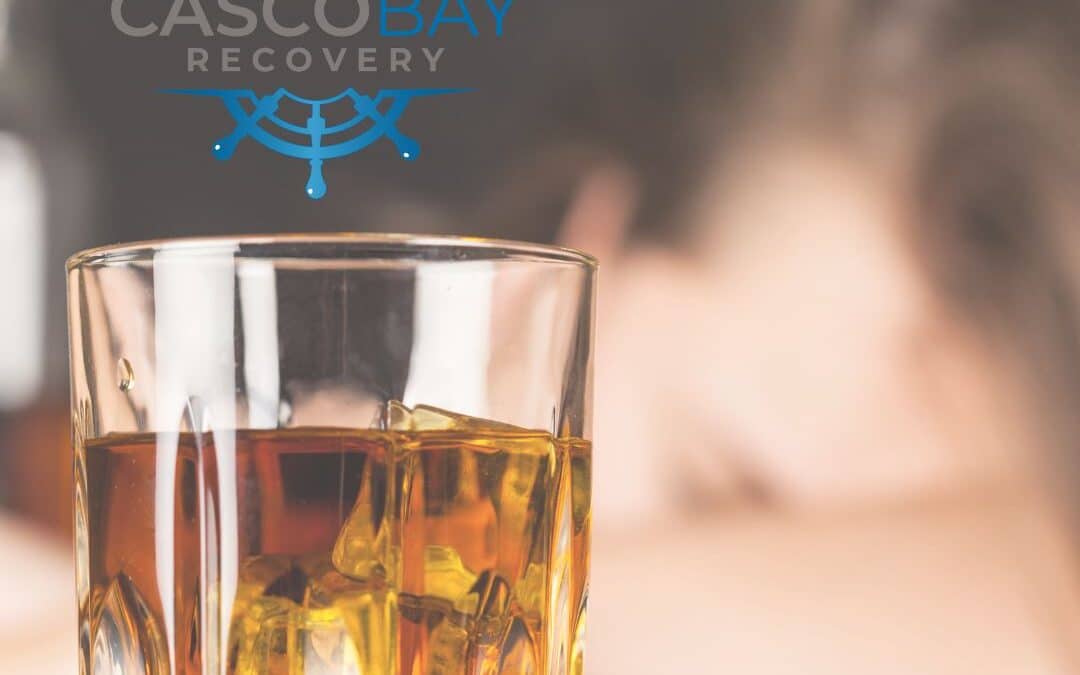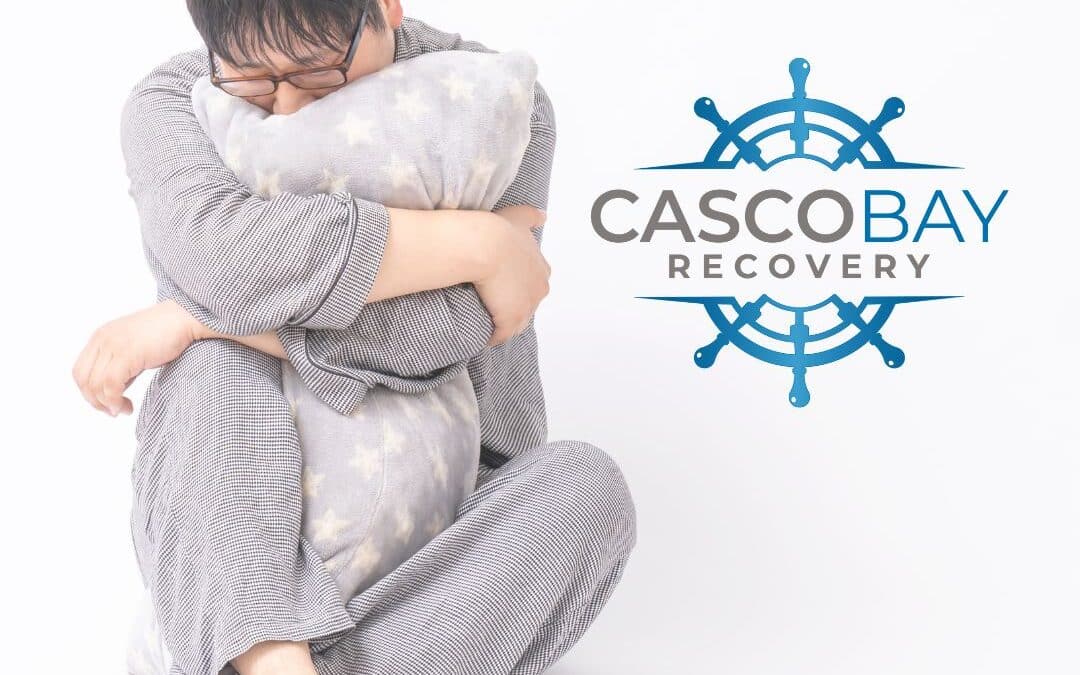PTSD is a serious mental health disorder that affects millions of people on a daily basis. Throughout the month of June, PTSD is recognized as it is national PTSD awareness month. Awareness campaigns aim to help reduce the stigma of PTSD, encourage understanding, and provide resources for those suffering from it. Various organizations across the United States and the world host events and activities to raise PTSD awareness and support those impacted by it.
What Is PTSD?
PTSD is a mental health condition that can develop in people who have experienced or witnessed a traumatic event. Trauma can come in many forms, such as natural disasters, combat, sexual assault, physical violence, or emotional abuse. People who suffer from PTSD often experience symptoms like anxiety, flashbacks, nightmares, and intense feelings of fear or anger. They may also avoid situations that trigger memories of the trauma, and have difficulty sleeping or concentrating.
The symptoms of PTSD can begin immediately after the traumatic event or appear months or even years after the event. They can be very disruptive to everyday life and relationships, and they can make it difficult for individuals to function normally. For some people, PTSD can be a chronic condition that requires ongoing treatment and support.
Although anyone can develop PTSD, certain factors can increase the risk. These include having a history of trauma or abuse, not having a strong support system, and having a job or lifestyle that exposes them to trauma. PTSD can also affect children and teens who have experienced trauma.
What Is Trauma?
Trauma is a psychological and emotional response to a distressing or disturbing event or experience. It can occur in response to a wide range of situations, from natural disasters to violent crime, abuse, or sudden loss. Trauma can have profound and lasting effects on a person’s mental and emotional health. It can lead to symptoms that include the following:
- Anxiety
- Depression
- Flashbacks
- Nightmares
- Difficulty forming and maintaining relationships
Trauma can also impact physical health, manifesting as chronic pain, fatigue, and other health issues. Trauma affects each person differently, and the severity and duration of its effects depend on a variety of factors, including the individual’s age, cultural background, and the nature of the traumatic event.
Trauma treatment can take many forms, including therapy, medication, and support groups. The goal of treatment is to help the individual process their experiences and develop healthier coping mechanisms. It is important to seek help from a qualified mental health professional if you or someone you know has experienced trauma. With proper treatment and support, it is possible to heal from the effects of trauma and move forward toward a healthier and more fulfilling life.
What Are the Symptoms of PTSD?
There are many different symptoms of PTSD, some of which include the following:
- Intrusive thoughts
- Flashbacks
- Avoidance behavior
- Hyper-vigilance
- Emotional numbness
- Sleep disturbances
- Mood changes
What Are Some Stigmas Associated With PTSD?
Despite its prevalence and debilitating effects, PTSD still carries stigmas that often prevent people from seeking the help they need. One of the most significant stigmas associated with PTSD is the perception that it only affects veterans. This condition can affect anyone who has experienced a traumatic event. By limiting the narrative to veterans, those experiencing symptoms of PTSD may feel ashamed or unworthy of seeking help.
Another stigma is those with PTSD are weak or suffering from a character defect. In reality, PTSD is a medical condition that results from exposure to traumatic events that overwhelm an individual’s ability to cope. Symptoms of PTSD, such as intrusive thoughts, nightmares, and hypervigilance, can persist for months or even years after the traumatic event.
There is also a stigma that individuals with PTSD are dangerous or violent. While it is true that some people with PTSD may experience irritability, anger, or aggression, the vast majority of people with PTSD are not violent and do not pose a danger to others. This misconception can further contribute to the isolation and shame that individuals with PTSD may feel.
Can PTSD Lead To Addiction?
Unfortunately, PTSD can increase the risk of developing addiction. Those who struggle with PTSD are more likely to turn to drugs or alcohol as a way of coping with their symptoms. Those with PTSD are three times more likely to develop a substance use disorder than those without the disorder.
There are several reasons why PTSD can lead to addiction. For one, drugs and alcohol can provide a temporary escape from the distressing symptoms of PTSD. Drugs and alcohol provide a sense of relief and a way to numb the emotional pain. Additionally, people may struggle with feelings of anxiety, depression, or hopelessness. Substances can often provide a quick and easy way to temporarily alleviate these feelings.
PTSD and Addiction: A Dual Diagnosis

PTSD and addiction are two extremely complex conditions that often go hand in hand. While PTSD itself does not cause addiction, many people with PTSD turn to drugs or alcohol as a way to self-medicate and cope with their symptoms. This can lead to addiction and substance abuse issues.
When somebody experiences the two at the same time, it is referred to as a dual diagnosis. Additionally, those with PTSD often struggle with emotional dysregulation and impulse control, making them more susceptible to addiction.
What Is Dual Diagnosis?
Dual diagnosis is a term used to describe the co-occurrence of a substance use disorder and a mental health disorder. When a person has a dual diagnosis, they may struggle with addiction to drugs or alcohol, as well as a mental illness such as depression, anxiety, bipolar disorder, or schizophrenia. Dual diagnosis can be a complex condition to treat, as the two disorders often interact with each other in ways that can make treatment difficult.
PTSD: By the Numbers
It is estimated that around 7-8% of the population will experience PTSD at some point in their life, with women being more likely than men to be diagnosed with the disorder. The prevalence of PTSD varies depending on the population being studied. For example, military veterans are more likely to experience PTSD than the general population, with rates ranging from 11-20% among veterans who have served in recent conflicts. Additionally, first responders are also at increased risk for developing PTSD due to the nature of their work.
Children who have experienced trauma are also at higher risk for developing PTSD. It is estimated that approximately 15-43% of girls and 14-43% of boys who have experienced interpersonal violence will develop PTSD. PTSD can have serious consequences for a person’s mental health, relationships, and ability to function in daily life.
What Is the History of National PTSD Awareness Month?
The history of PTSD Awareness Month can be traced back to the United States Senate in 2010. Senator Kent Conrad of North Dakota proposed a resolution to designate June as PTSD awareness month. The goal was to raise awareness of posttraumatic stress disorder (PTSD) and the effects it can have on individuals, families, and communities.
The resolution was passed by the Senate. Since then, many organizations and government bodies have recognized June as PTSD awareness month. The National Center for PTSD frequently promotes awareness activities during this month. These include social media campaigns, town hall meetings, and educational presentations.
PTSD awareness month is an important opportunity to highlight the struggles faced by those living with PTSD. This includes veterans and others who have experienced trauma. It also serves as a reminder of the need for continued research, treatment, and support for those with PTSD.
Awareness campaigns during this month can help reduce the stigma surrounding this mental health condition and encourage individuals to seek help. Overall, PTSD awareness month seeks to bring attention to the impact of PTSD and open up the conversation.
What Are Some FAQs About National PTSD Month?
Some frequently asked questions regarding PTSD awareness month may include the following:
- What is PTSD Awareness Month?
- What is PTSD?
- What are the symptoms of PTSD?
- Who can develop PTSD?
- Can PTSD be treated?
- How can I support someone with PTSD?
How Can I Observe National PTSD Awareness Month?
By recognizing National PTSD Awareness Month, you can help reduce the stigma associated with this condition. If you would like to recognize National PTSD Awareness Month, you could do the following:
- Share information about PTSD: Share information about PTSD on social media platforms, with your friends, or with your family. Help spread awareness by providing information on the causes, symptoms, and treatments available.
- Join a support group: If you or someone you know is suffering from PTSD, consider joining a support group. These groups can offer a safe place to discuss experiences and provide emotional support.
- Attend an event: Attend an event related to PTSD that is happening in your community during the month of June. This could be a conference, a seminar, or a workshop that is aimed at raising awareness about the condition.
- Volunteer: Volunteer your time at a local organization or charity that works with veterans or those who have experienced traumatic events. Your contribution can make a real difference in raising awareness about PTSD.
Casco Bay Is Here to Help Those With PTSD and Addiction

Living with PTSD is not easy. Those who suffer from it do so on a regular basis. In addition to this, those with PTSD could also suffer from addiction as a coping mechanism. If you or a loved one would like to learn more about our addiction treatment programs in Portland, Maine, contact us.






